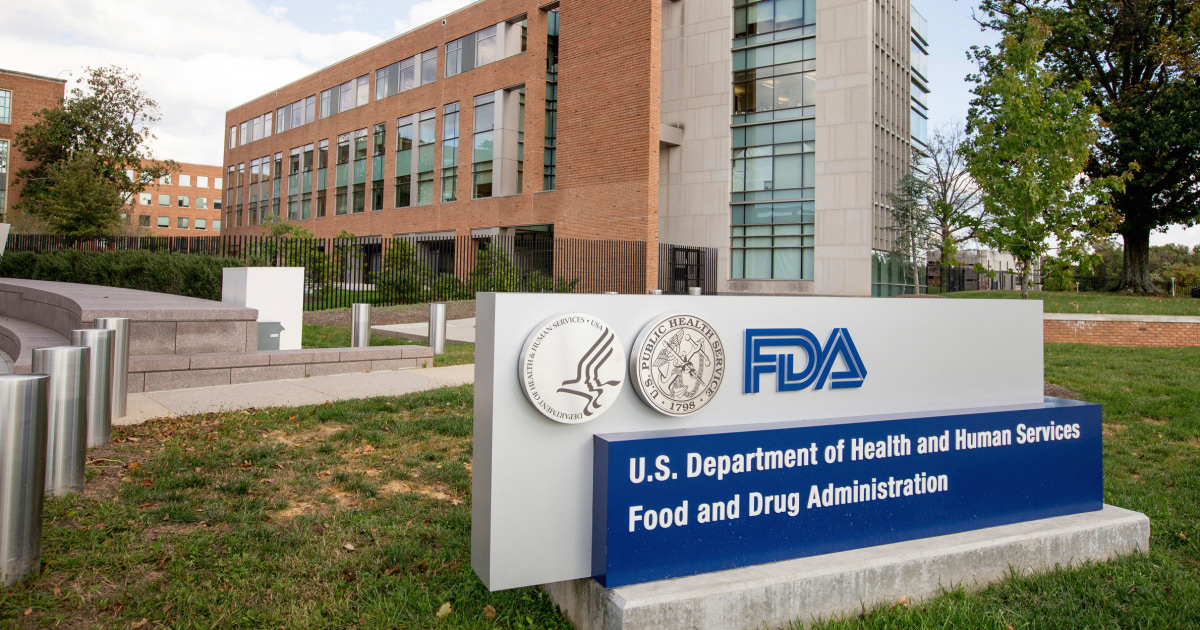
In a recent development, the Food and Drug Administration (FDA) advisory committee has voted against the approval of MDMA-assisted therapy for Post-Traumatic Stress Disorder (PTSD), citing concerns over flawed clinical trials and potential misconduct. The decision comes as a disappointment to advocates who have long pushed for the inclusion of psychedelics in mental health treatments.
The FDA panel, which includes experts from various fields, voted 9-2 against the treatment's efficacy and 10-1 against its safety. This marks the first time that FDA advisers have considered a Schedule I psychedelic for medical use. If approved, it would have been the first new treatment for PTSD in over two decades.
The panel's concerns stem from shortcomings in the clinical research and allegations of misconduct and bias within the trials. Lykos Therapeutics, which sponsored the studies, could see their FDA approval jeopardized by this vote. The setback may also slow down the expansion of the psychedelics market.
The PTSD patients who have been suffering from debilitating symptoms such as intrusive memories and nightmares, anxiety, and suicidal thoughts will continue to search for effective treatments. The FDA is currently investigating these allegations and will make a final decision based on the available evidence.
Despite the setback, some experts remain optimistic about the potential of psychedelics in treating mental health disorders. Kim Witczak, a consumer representative on the FDA's advisory committee, believes that this is just one step in a long process and that more research is needed to fully understand the benefits and risks of these drugs.
The rejection of MDMA therapy for PTSD highlights the importance of rigorous clinical trials and transparency in scientific research. It also underscores the need for diverse sources of information to ensure a complete understanding of complex issues.





